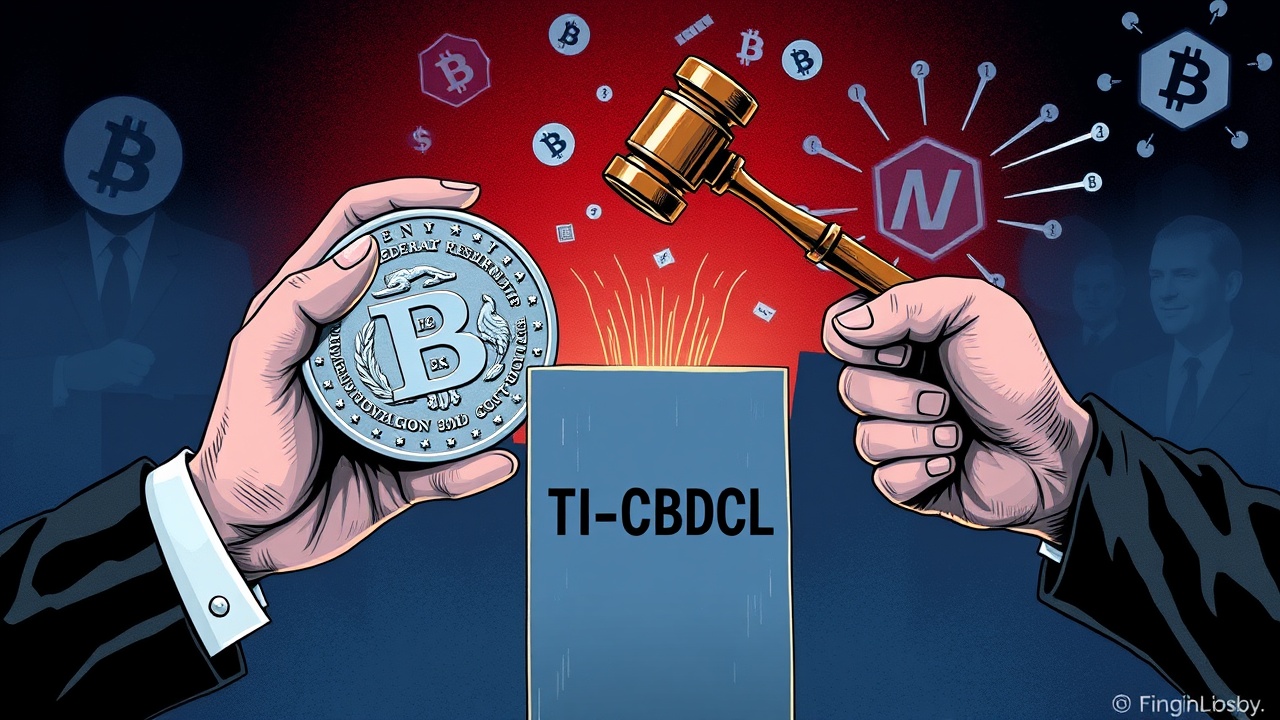Introduction
Tom Emmer, a Representative from Minnesota, has put forth a proposal known as the Anti-CBDC Surveillance State Act, designed to restrict the Federal Reserve’s authority in launching a central bank digital currency (CBDC). During a press briefing held on Friday, Emmer discussed the potential implications of this legislation, which he proposed in March, aimed at safeguarding against increased government surveillance associated with digital currency.
Key Provisions of the Legislation
Emmer emphasized that if the Federal Reserve can replicate the qualities of cash, current laws would enable them to pursue a CBDC; however, under current regulations, they do not have that capability. This legislation was one of three bills passed by the House this month during a period dubbed “crypto week” by Republican members, and it experienced notably lower Democratic backing compared to the others.
Under the provisions of the proposed bill, any government entity, including the Fed, could investigate the feasibility of a digital dollar, provided it aligns with criteria ensuring it operates like cash—specifically, it must be accessible, non-restrictive, and privacy-focused. A key aspect of the bill would involve amending the Federal Reserve Act to prohibit the issuance of any digital asset that closely resembles a CBDC.
Legislative Context
Among the three legislative measures approved by the House on July 18, only the GENIUS Act, which regulates stablecoins, has advanced beyond the House, receiving presidential approval from Donald Trump after passing in the Senate. Attention now shifts to the Digital Asset Market Clarity Act and Emmer’s CBDC proposal, which the Senate is anticipated to address upon their return from a recess planned through August.
Republican leaders in the Senate have indicated that the focus will likely be on the CLARITY Act first, aiming for its passage before Congress breaks again in October.
Senate Dynamics
Senator Cynthia Lummis, who leads the subcommittee on digital assets within the Senate Banking Committee, has been advocating for Senators to complete their business through August to prioritize several of Trump’s nominations, including that of Brian Quintenz for the Commodity Futures Trading Commission. A representative for Lummis noted her intent to contribute to realizing the president’s agenda during this period, indicating preparation work for the crypto market structure bill may also occur.
As it stands, the Senate is expected to enter recess on August 3.




